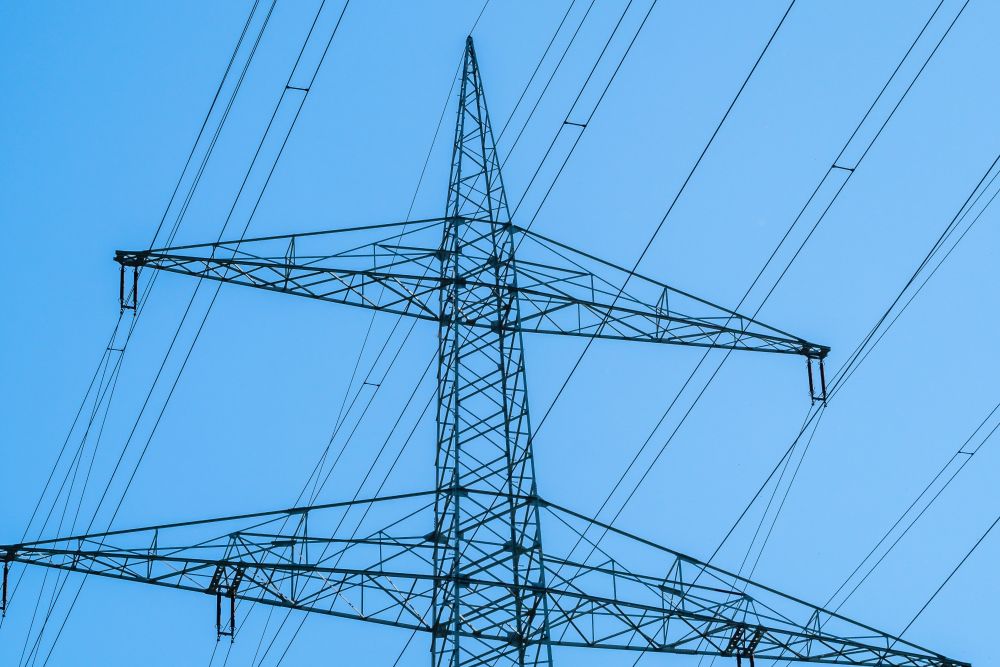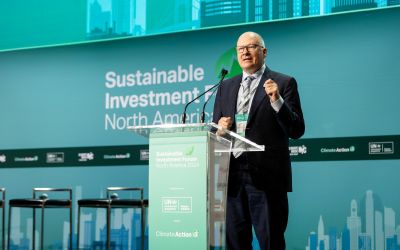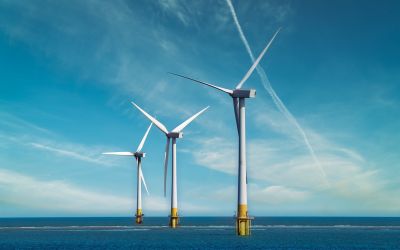UK Government to redouble commitment into global infrastructure investment
UK Prime Minister Rishi Sunak had redoubled the UK’s commitment to mobilising billions in public and private finance to help get the Sustainable Development Goals back on track at the G7 in Japan.

UK Prime Minister Rishi Sunak had redoubled the UK’s commitment to mobilising billions in public and private finance to help get the Sustainable Development Goals back on track at the G7 in Japan.
The UK’s development finance institution, British International Investment, is announcing its first investment in the Indo-Pacific today. The $15 million [£12m] investment in the SUSI Asia Energy Transition Fund will support renewable energy, energy storage and microgrid projects across the continent.
The G7 launched the global infrastructure investment initiative under the UK’s presidency in Carbis Bay in 2021, to provide transparent and reliable sources of finance to build vital and long-neglected infrastructure in low and middle income countries, from bridges and roads to renewable energy grids.
The Prime Minister confirmed that the UK will aim to mobilise $40 billion in financing for sustainable infrastructure investment and economic development by the end of 2027.
UK public and private financing has already helped to kickstart a huge range of projects, from wind and solar projects in India to sustainable energy supplies for hospitals in Africa.
Prime Minister Rishi Sunak said: “We know the transformative power of reliable, responsible private investment. It’s the spark that is helping us to build ports in Senegal and Somaliland, hydropower projects in Rwanda and offshore wind in India.
“The UK is committed to ensuring the Partnership for Global Infrastructure and Investment delivers the financing the world needs to lift communities out of poverty.”
The UK is also working with G7 partners to reform the international tax architecture and make the international financial system more responsive to developing countries’ needs, for example by including Climate Resilient Debt Clauses (CRDCs) in new lending.
These clauses allow debt repayments to be suspended when climate shocks, such as hurricanes, hit. This in turn frees up resources to quickly respond to crises.
Find out more here.






